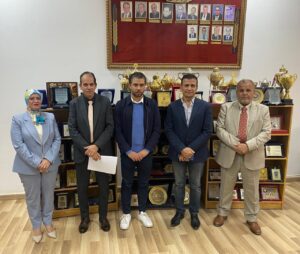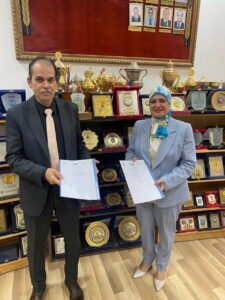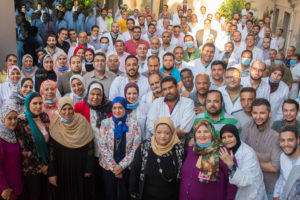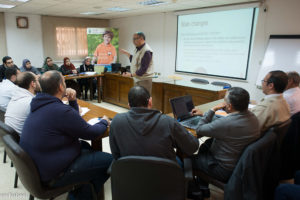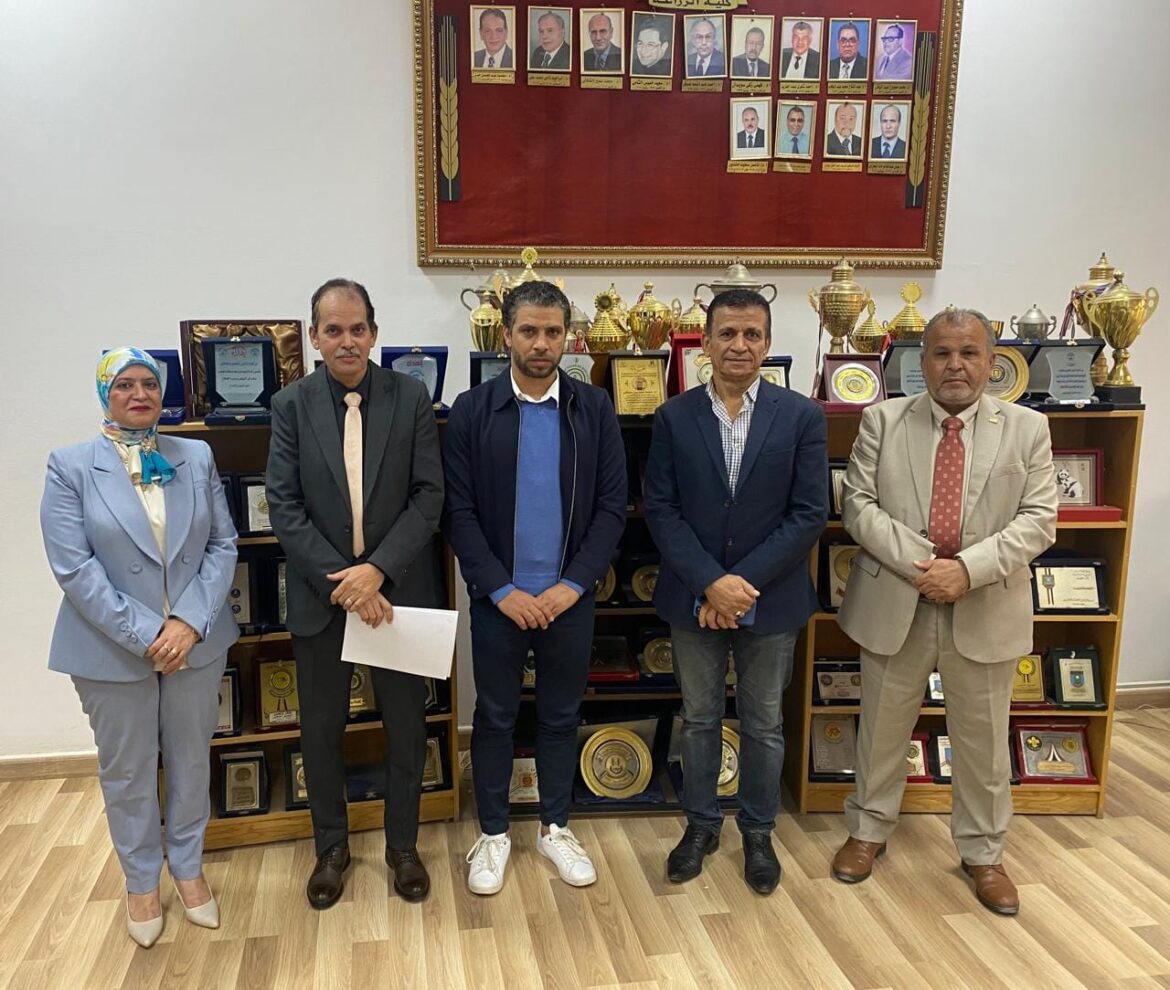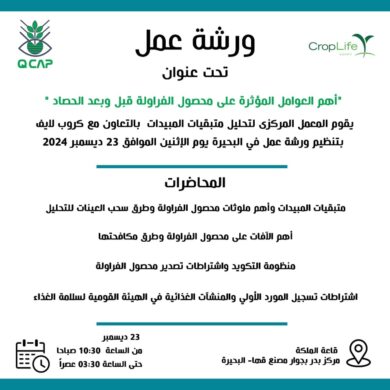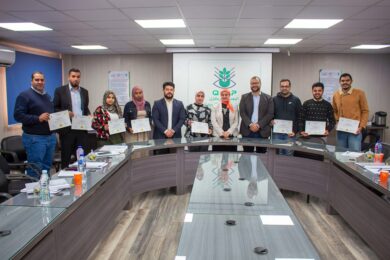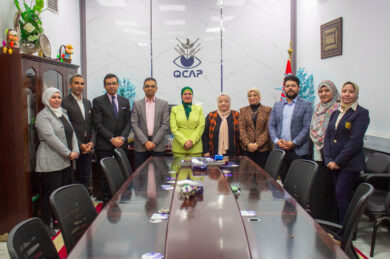The Central Laboratory for Pesticide Residues and the Suez Canal Agriculture sign a memorandum of understanding for cooperation between the two parties
____
In the framework of the directives of Mr. Alaa El-Din Farouk, Minister of Agriculture and Land Reclamation, and with the follow-up of Prof. Dr. Adel Abdel Azim, Head of the Agricultural Research Center, in cooperation with all governmental and private academic and research bodies and bodies working in the service of the agricultural sector in Egypt to exchange experiences and constructive cooperation, Prof. Dr. Hind Abdullah, Director of the Central Laboratory for Analysis of Pesticide Residues and Heavy Elements in Food (Q-CAP), signed a memorandum of understanding with Prof. Dr. Mahmoud Farag Mahmoud, Dean of the Faculty of Agriculture, Suez Canal University, in the field of scientific research, training and qualification within the scope of each party’s competencies. During the meeting that brought them together during her visit to the Faculty of Agriculture at Suez Canal University, Abdel-Latif stressed the importance of cooperation with academic and research bodies to exchange expertise and raise competencies to serve the agricultural sector. She pointed out that the Central Agency for the Analysis of Pesticide Residues (Q-CAP) is one of the bodies affiliated with the Agricultural Research Center under the umbrella of the Ministry of Agriculture and Land Reclamation, and that the laboratory always seeks to cooperate with all governmental and private bodies and agencies working in the field of serving the agricultural sector and food manufacturing in Egypt and providing its various services inside and outside Egypt. She stressed the importance of the role of the community laboratory in training and qualifying students from different universities for the labor markets. Farag stressed his great happiness with Abdel-Latif’s visit and pointed out the importance of cooperation with the laboratory in all fields, the most important of which are training, food safety tests and technical consultations. The various aspects of cooperation between the two parties were discussed, with coordination and the start of taking quick steps to activate the memorandum of understanding in the coming days. “Abdullah” explained that the Central Laboratory for Pesticide Residues Analysis is the first laboratory accredited to conduct food safety analyses in Egypt and the Middle East, explaining that the laboratory includes the latest devices used in the best international laboratories, and it also includes an integrated work team with the best distinguished and highly trained expertise. “Abdullah” pointed out that the most important feature of the laboratory is its important role at the national level in preserving the safety of consumers in Egypt through its participation in the export control system and its effective role by analyzing some imports to Egypt of agricultural crops and foods of plant and animal origin, and the regulatory authorities not permitting the entry of those who violate Egyptian food specifications based on the results of the laboratory analysis. The two parties agreed to activate the terms of the memorandum of understanding immediately upon signing it in a way that serves this large sector in the Canal Zone and contributes to the development of the country’s national economy. It is worth noting that the laboratory had received a visit from the Faculty of Agriculture of the Suez Canal University in the laboratory branch in Ismailia two months ago, during which the laboratory departments were inspected and aspects of cooperation were discussed. “Abdullah” also added to the faculty’s board of directors in its new formation headed by Prof. Dr. Mahmoud Farag Mahmoud, Dean of the College.
